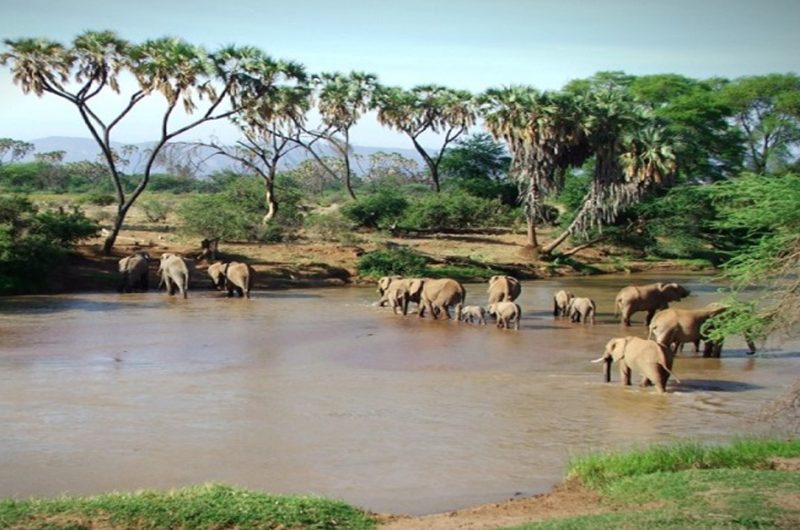Sustainable Travel- Eco-friendly Safaris in Kenya ,A Complete Guide
Kenya is a land of breathtaking landscapes, rich culture, and unrivaled wildlife experiences. From the rolling savannahs of the Maasai Mara to the snow-capped peaks of Mount Kenya, this East African gem is a top destination for safari lovers. But with increased tourism comes the responsibility to protect the natural environment and support local communities. That’s where sustainable travel and eco-friendly safaris come in ,ensuring that your visit has a positive impact on both nature and people.
At Chacal Safaris, we believe in travel that leaves a light footprint while delivering unforgettable memories. Here’s your complete guide to enjoying an eco-friendly safari in Kenya.
1. Choose Eco-conscious Safari Operators
The first step toward sustainable travel is choosing a safari company that prioritizes conservation and community engagement. At Chacal Safaris, our practices are built around low-impact travel, partnering with eco-lodges, reducing waste, and supporting wildlife conservation initiatives.
Look for operators that are locally owned, adhere to responsible tourism standards, and are transparent about their sustainability practices.
2. Stay in Eco-lodges and Tented Camps
Kenya is home to a growing number of eco-lodges and tented camps that blend luxury with sustainability. These accommodations use solar energy, practice water conservation, manage waste responsibly, and source food locally. Staying in these lodges not only reduces your carbon footprint but also supports conservation efforts and local economies.
Some camps also employ local Maasai or Samburu guides, offering authentic experiences while providing meaningful employment to nearby communities.
3. Respect Wildlife and Nature
Responsible safari travel means observing animals from a respectful distance, avoiding feeding or disturbing them, and sticking to designated tracks during game drives. Kenya’s parks and conservancies have clear rules to minimize human impact on wildlife. By following your guide’s instructions and not engaging in harmful behaviors, you help preserve the environment for future generations.
4. Travel in Smaller Groups or Private Safaris
Small group or private safaris are not only more intimate but also more environmentally friendly. They reduce the strain on the ecosystem and make it easier to maintain low-impact practices. At Chacal Safaris, we offer tailor-made itineraries designed to maximize your experience while minimizing environmental disturbance.
5. Support Local Communities
Eco-tourism isn’t just about the environment, it’s also about people. Buy handmade crafts, eat at locally run restaurants, and engage with cultural tours that are ethical and respectful. Your support helps preserve indigenous cultures and creates incentives for communities to protect their natural surroundings.
6. Offset Your Carbon Footprint
While traveling to Kenya may involve long flights, you can reduce your environmental impact by offsetting your carbon emissions. Some safari operators, including Chacal Safaris, offer carbon-offset programs or can guide you on how to contribute to reforestation or clean energy projects in the region.
Explore Responsibly with Chacal Safaris
Sustainable safaris are the future of travel ,not just a trend, but a necessity. At Chacal Safaris, we are committed to crafting journeys that balance adventure, comfort, and responsibility. Join us in preserving Kenya’s incredible wildlife and landscapes while uplifting the communities that call it home.
Let your next safari be more than just a trip. Let it be a force for good.

